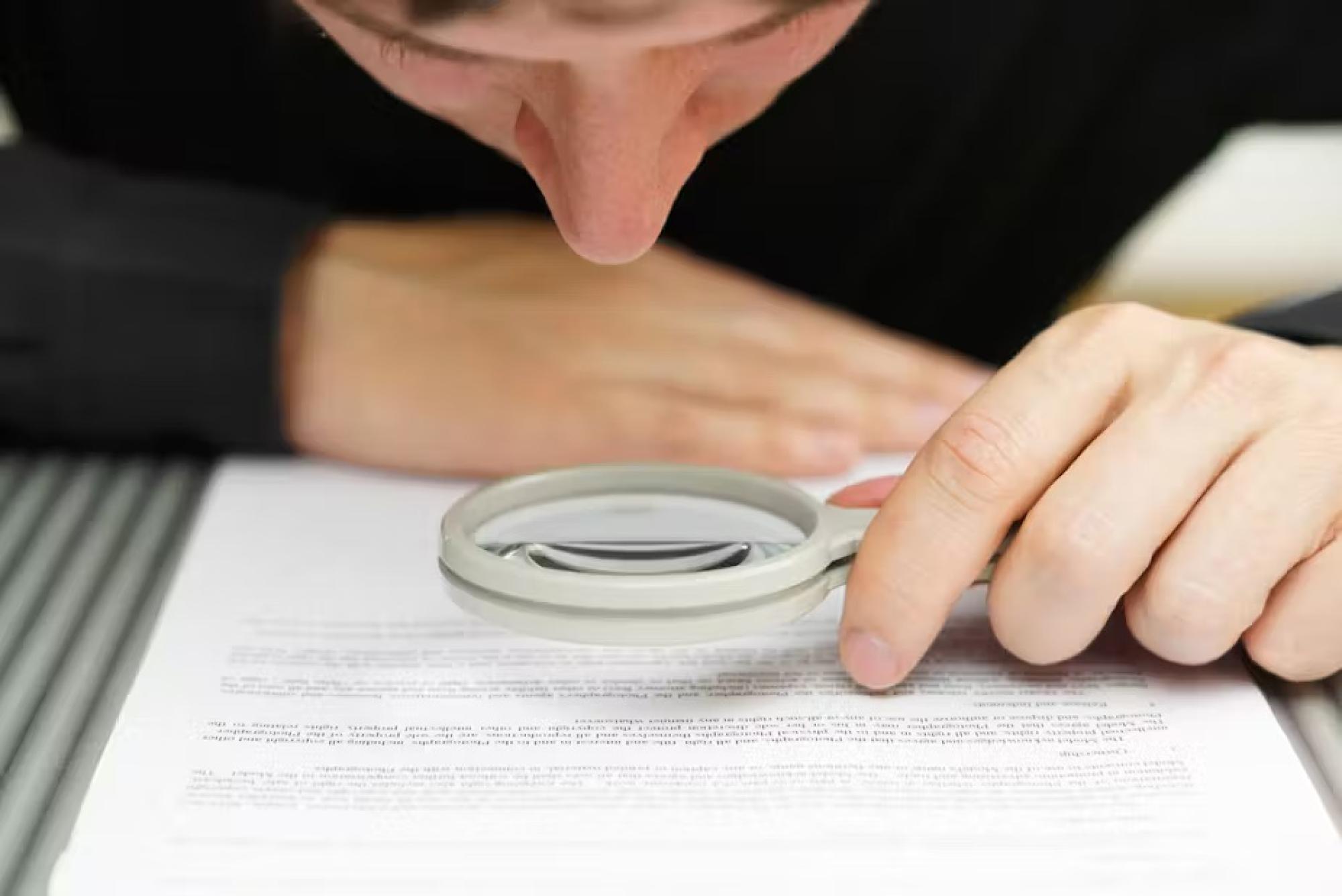Related Stories
These 7 watchdogs scour scientific papers for problems — and often find them
Key Excerpts from Article on Website of Stat News

Posted: November 12th, 2024
https://www.statnews.com/2024/11/04/who-to-know-series-scien...
A small, tight-knit community of scientific sleuths has been unearthing growing evidence that many studies, including landmark papers published in top journals, contain manipulated images and falsified findings. These revelations have led to high-profile investigations, raised concerns about clinical trials, and culminated in the departure of university presidents. Their work — often posted on PubPeer, a website where users comment on published studies — has also forced a reckoning around how the crushing pressure to publish splashy results incentivizes fraud. “Claire Francis” is a pseudonym for someone who has commented on, by their own reckoning, 20,000 articles since 2010. About 2,000 of these studies were later retracted. Elisabeth Bik ... comments on papers using her real name, and she has earned a reputation for her preternatural ability to spot fishy figures. Bik has flagged issues with about 8,500 studies, contributing to 1,300 retractions and about 1,100 corrections, she told STAT. Those retractions include a study supporting a popular hypothesis for Alzheimer’s disease that has been cited more than 2,000 times, as well as a stem cell paper cited nearly 4,500 times. Her work has made her the recipient of more derisive emails, cease-and-desist letters, and legal threats than Bik can count. That’s not an uncommon experience, and Bik is an adviser to the Scientific Integrity Fund, which has set aside money to support sleuths being sued for their work.
Note: Top leaders in the field of medicine and science have spoken out about the rampant corruption and conflicts of interest in those industries. For more along these lines, explore concise summaries of revealing news articles on science corruption.
Related Stories
Latest News
Key News Articles from Years Past
























































































